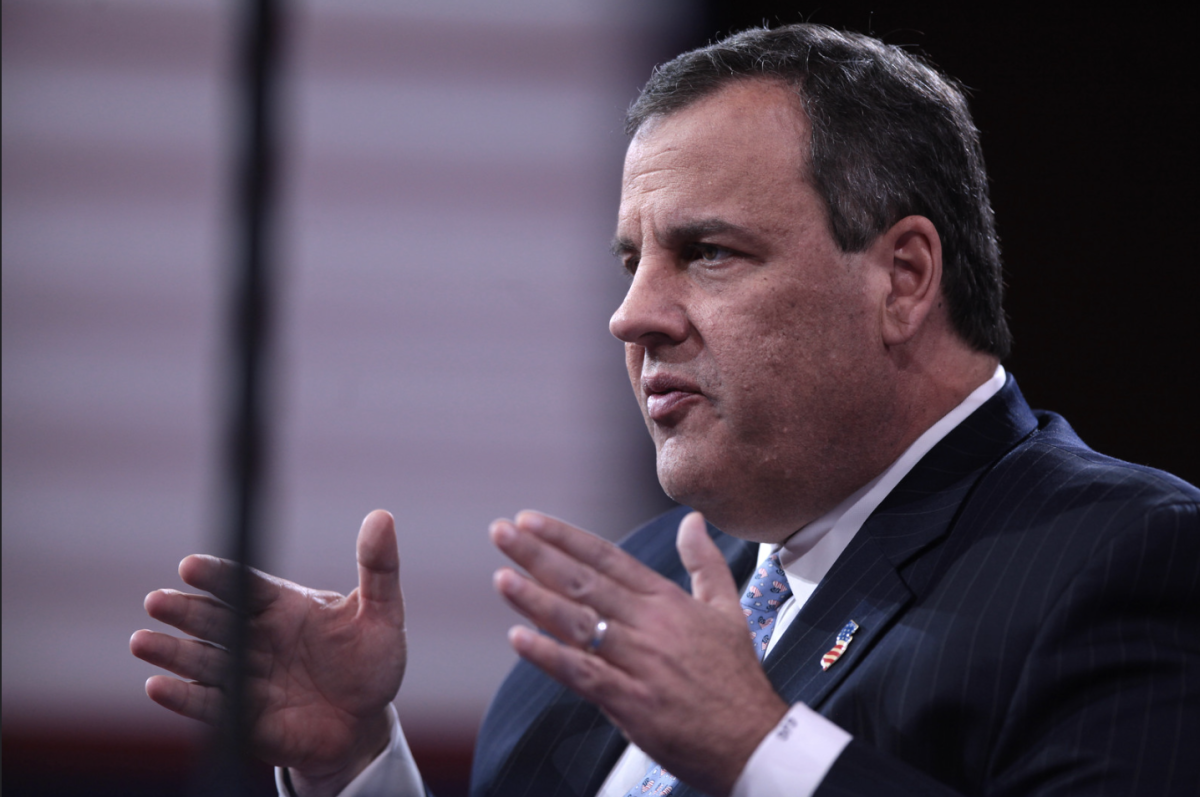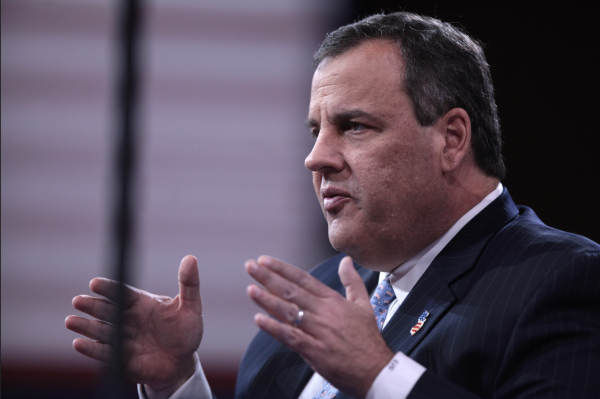The Border Wall 2019 Controversy
April 23, 2019
On March 25th, 2019, the Pentagon redirected one billion dollars of military personnel funding to go toward President Trump’s border wall. Secretary of Defense Patrick Shanahan notified then-Secretary of Homeland Security Kirstjen Nielsen of the transfer, affirming that the money would go to block “up to 11 drug-smuggling corridors along the border.”
Just more than a month earlier, on February 15th, President Trump declared a “state of emergency” to “confront the national security crisis on our southern border.” The President declared the state of emergency after being denied funding through Congress in the normal budgeting process that resulted in a 35-day shutdown. This declaration allows him to redirect funds from other agencies to build the border wall. While declaring a state of emergency is within his purview, the House Judiciary committee and opposing Democrats have challenged the legal grounds of the declaration.
This declaration has huge implications the President and his support in Congress. The declaration not only alienates the President from Congress, but proves that he is desperate and willing to abuse executive powers to get what he wants. This can also spell disaster for the Republican Party as they try to bounce back from several defeats in the lower house during the midterm elections. Some political observers believe the transfer of funds to build the border wall could lead to disaster for Donald Trump’s beleaguered presidency and may cost him his office in 2020.
This redirection of funds was met with unilateral opposition in both houses of Congress. With the House failing to override President Trump’s veto on their resolution to end the President’s declaration of the state of emergency, It has become even more evident that a divide is forming between the President and Congress. Following the bipartisan budget deal signed to end the government shutdown which granted $1.375 billion towards border security and a border wall, Trump declared a state of emergency to seize more funds. The bill opposing his declaration had the support of over a dozen Republicans in the House. Republican Senator John Cornyn states that he takes the president “very seriously. But I think we should have a longer conversation about unintended consequences.” Even Republicans in Congress are unsure of what the President plans to do next which separates him from Congress.
President Trump’s immigration policies also haven’t been popular with the people. With a 39% approval rating on Gallup polls, he has dipped 4% from February to March. His “zero tolerance” immigration policy has led to the government forcibly removing up to 3,000 migrant children from their parents in January according to the New York Times. On March 29th, 2019 then-Secretary of Homeland security, Kirstjen Nielsen, resigned while a senior White House official commented that President Trump became ”increasingly unhinged about the border crisis and making unreasonable and even impossible requests.” This has distanced himself from the migrant voter base, the people, and his own staff. This lead President Trump to be become “the least popular president to run for re-election in the history of polling.” In an article from the Washington Examiner analyzing data from the Wason Center for Public Policy, only 79% of the Republican base backs the President in his re-election bid.
While President Trump attempts to fulfill a key campaign promise involving the border wall, his declaration of a state of emergency could lead to a greater divide in Congress, disapproval from the people, and may even cost him a 2020 re-election.


































